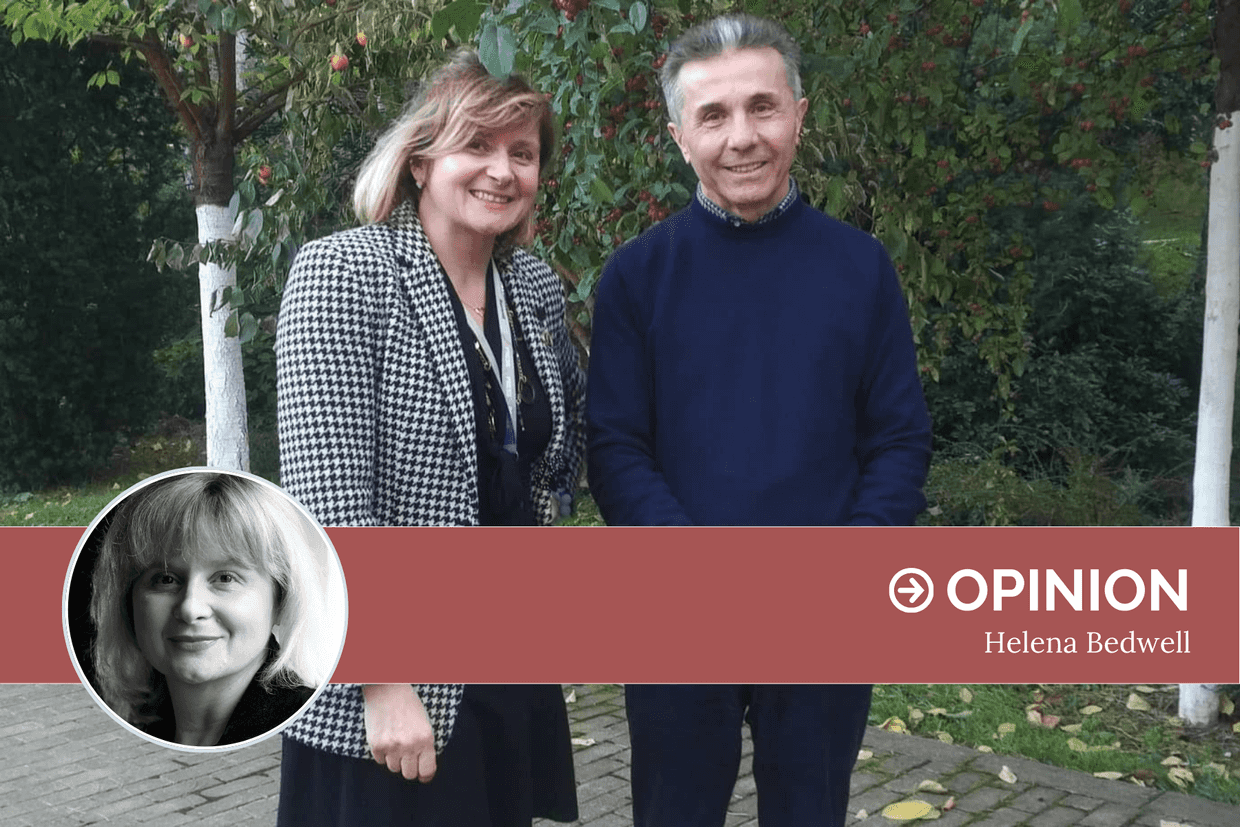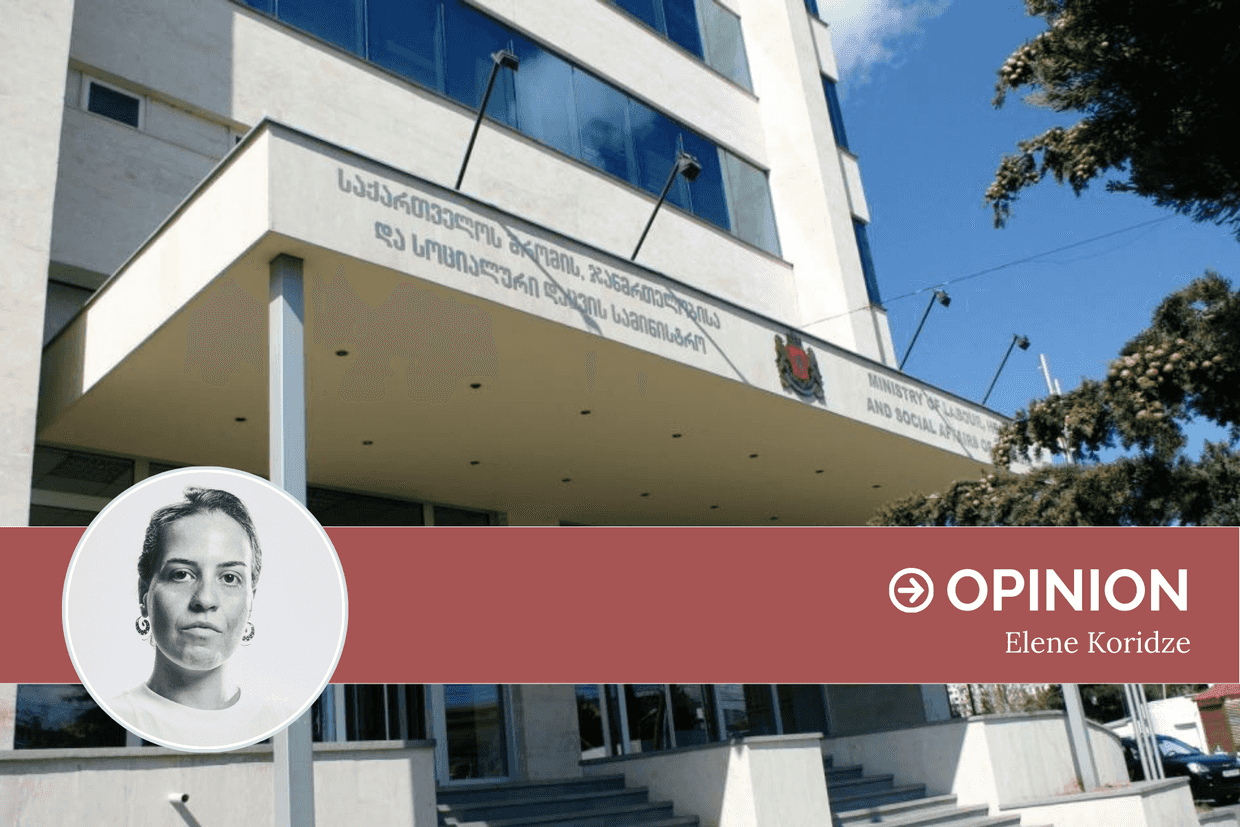
Opinion | Not even Kadyrov’s own children are safe from the impunity they created on the roads
By flaunting their own traffic rules, the Kadyrov family has created a reality in which even their own children are no longer safe.

By flaunting their own traffic rules, the Kadyrov family has created a reality in which even their own children are no longer safe.

Ramzan Kadyrov has become notorious for co-opting MMA stars, including those from the US, to polish his justifiably tarnished reputation.

A deep dive into Georgian Dream founder Bidzina Ivanishvili — the billionaire who sees himself as ‘Georgia’s disappointed saviour’.

The new legislation to create a mental health database shows the state is reverting to old mechanisms of control deeply rooted in the Soviet past.

Until the fear of collective punishment ends, even the simple act of speaking publicly is a privilege that most Chechens don’t have.

New reforms to protect children exist on paper — yet every minute the government delays in fully implementing them risks another child’s life.

Narek Karapetyan distorts reality on the Tucker Carlson show, helping create yet another pro-Russian piece of propaganda.